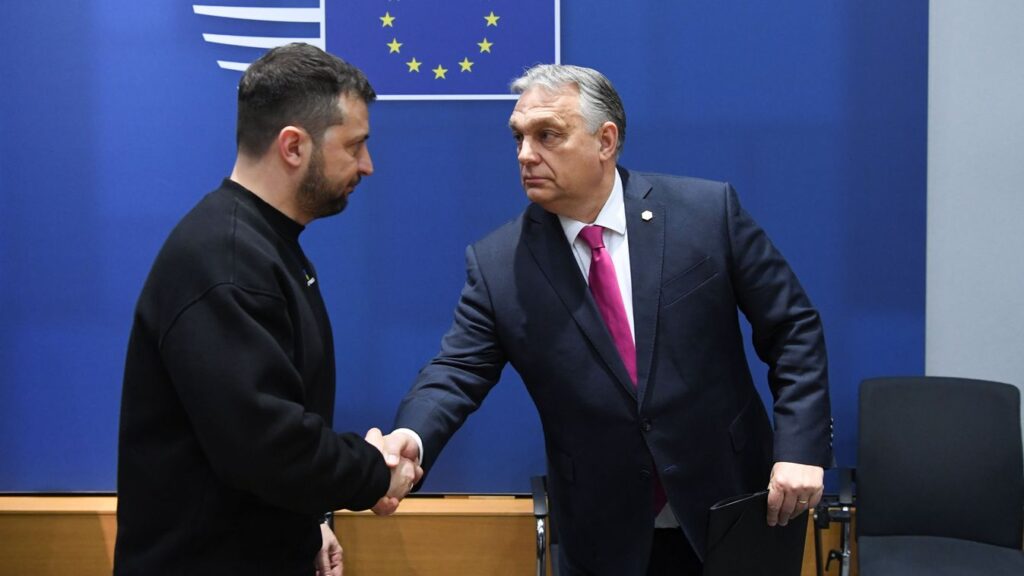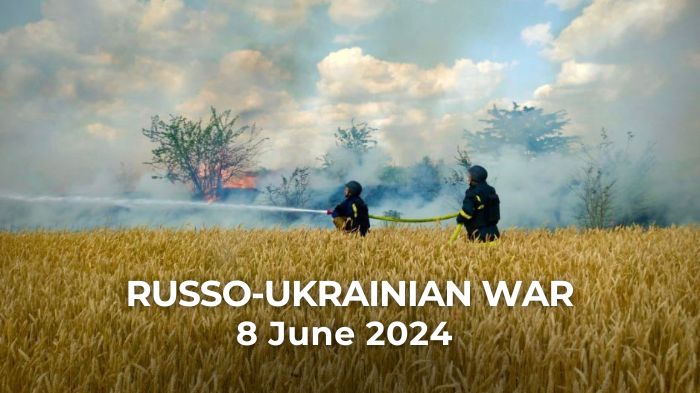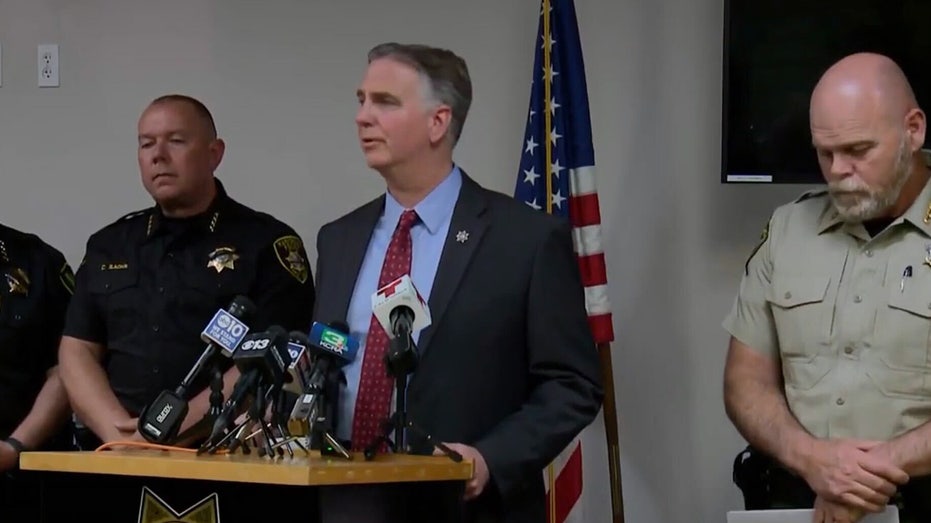Hungary again blocked EU fund for Ukraine’s military aid
EU foreign ministers failed to reach a consensus on unblocking crucial funds for Ukraine during their 22 July meeting in Brussels, with EU High Representative Josep Borrell expressing frustration over the continued blockage of military aid to Ukraine by a single member state, referring to Hungary without naming it directly.


European Union foreign ministers were unable to reach an agreement on unblocking funds from the European Peace Facility for military aid to Ukraine during their meeting in Brussels on 22 July, according to EU foreign policy chief Josep Borrell.
While Borrell did not name which country is blocking the agreement, it is known that he is referring to Hungary, which started its EU Council presidency on 1 July and remains opposed to military aid to Ukraine via the European Peace Facility (EPF).
“Most member states insisted on the need to lift the blockade on payments that have been delayed for months, a year. At the same time, they emphasized the need to move forward with a decision on a new support fund for Ukraine, which one member state has been blocking for over a year,” Borrell stated.
He added that the dissenting nation found the proposal “unacceptable” and “intolerable.”
Hungary is blocking the allocation of over 6 billion euros ($6,5 billion) from the European Peace Facility, even despite assurances that the country’s contributions would not directly finance Ukrainian military aid.
€1.4 billion from frozen Russian assets to Ukraine
Borrell also announced plans to allocate the first tranche of frozen Russian assets to Ukraine in early August.
“I informed the ministers about progress on the first tranche of 1.4 billion euros ($1.5 billion),” he said.
These funds will support the purchase of air defense systems, artillery shells, and domestically produced Ukrainian weaponry.
Borrell emphasized the strategic importance of sourcing military equipment from within Ukraine, describing it as “the most logical and effective way we can go.”
At the EU Foreign Affairs Council on 22 July, Borrell also revealed a possibility for a Peace Summit this fall involving Russia but not under Putin’s conditions.
Related:
- EU’s Borrell: Next Peace Summit this fall may involve Russia but not on “Putin’s basis”
- EU seeks to sidestep Hungary’s veto in sending Russian frozen assets profits to Ukraine
- Hungary’s EU presidency to prioritize Western Balkans over Ukraine
- Hungary is the only EU member opposing Ukraine’s accession to bloc, says Ukrainian official


